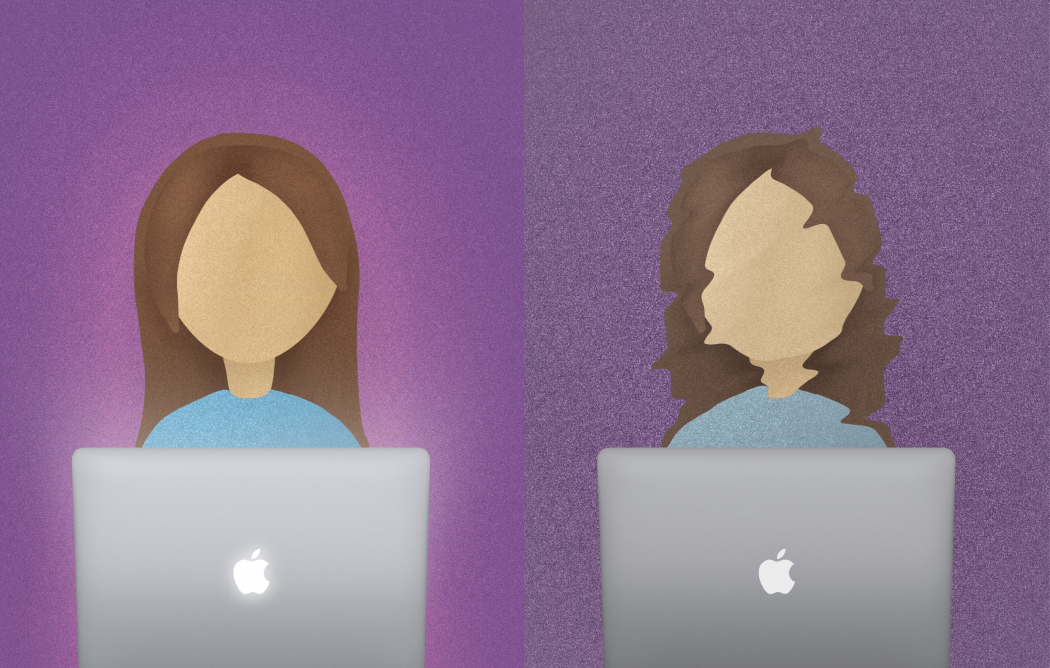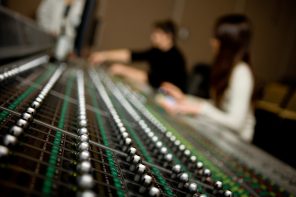As everyone adjusts to the new social and travel limitations enforced by governments around the world due to COVID-19, university students face unique challenges in maintaining the quality of their education.
On May 11, Provost and Vice-Principal (Academic) Professor Christopher P. Manfredi sent an email to McGill students and staff which stated: “To allow our students to begin and continue their academic path no matter where they are in September, our courses will be offered primarily through remote delivery platforms.” This meant that students would require a computer and stable Internet access in order to attend classes, submit assignments, and take exams.
According to the results from the “Planning for a Remote Fall Semester Survey” sent to students over the summer, 97 percent of undergraduate students have access to a computer, while only 72 percent have access to fast, reliable Internet. This means that over a quarter of McGill’s undergraduate students will have difficulty participating in Zoom lectures and submitting timed assignments. In addition, some students simply do not have a quiet space to work.
The McClennan-Redpath library is still open, but at limited capacity. Downtown students can only book a slot for five hours a day and must come with their own charged laptop, as there is no guarantee of a working electrical outlet. For most students, who can have upwards of 10 hours of class and work to do in a single day, five hours and no access to an electrical outlet present a significant challenge.
Internet access used to be available to anyone at a local café for the price of a small coffee, but cafés were shut down, and now offer only take-out and delivery after the city moved into the red zone at the beginning of October. And, as the weather gets colder, especially here in Montreal, sitting outside on campus and using the campus Wi-Fi is becoming less feasible.
But what about the students who don’t have a personal computer? While students could normally share a computer with relatives or use one at a public library, with everything from work to meetings to classes online, and public libraries shutting down or working at limited capacity, this is no longer an option.
McGill has, in the past, provided for students facing the challenges from lack of computer and home internet access by making sure there is Internet access on campus and computers available in both the library and classroom buildings such as Leacock. In years prior, temporary laptop access was available through laptop lending programs like that of the Arts Undergraduate Society.
However, the AUS laptop lending program, a crucial aid to students who don’t have easy access to a personal laptop, has been suspended for the Fall 2020 semester. The Bull & Bear reached out to the AUS for comment, but have not received a response. The AUS website states that they “are hoping to restart [the program] in an adjusted fashion in Winter 2021.”
Many students who live at home with family this semester do not have a quiet space free of distractions in which to complete their school work.
“I live at home with four other people in my rural area,” explained one McGill Redditor. “My WiFi is four mbs and frequently disconnects. I also take care of my siblings and am constantly in demand around the house. My little sister doesn’t have a computer and constantly needs mine for online school. Somehow three of my classes require live attendance and this was literally impossible for all of September. I’ve recently been sitting outside of Tim Hortons and stealing their WiFi so I can attend class in my car.” For many students, a computer, reliable internet, and a quiet work environment isn’t attainable.
As access to education becomes less universal, students, teachers, and faculty members are learning to cope with these changes in accessibility.
Teri Phillips, Director of the Office for Students with Disabilities (OSD), discussed how students who use their services are dealing with the new online curriculum. Their resources are now accessible online, including new webinars, and students are able to meet virtually with advisors who can help them create study plans and download tools and resources that can help them with the new online curriculum. There are new webinars through Teaching and Learning Services, to help students handle the stresses of academia on the web.
“Some students have expressed having a challenging time finding appropriate study space at home, dealing with the lack of an imposed structure that traditional learning would provide, accessing technology and technological support that OSD and other areas have provided in-person, understanding the expectations of remote learning, and knowing where to go to get the right help,” explained Phillips.
However, the online curriculum has proven to be easier for some students than a regular, in-person curriculum.
“Given that many instructors have opted for asynchronous instruction, or access to lecture recordings, scheduling is more flexible and the ability to pause and replay lectures can prevent missing information,” stated Phillips. “Remote learning has increased access in some ways, in particular for those students who may have faced physical barriers on campus, those concerned about missing class due to medical concerns, or the episodic nature of some conditions.”
It is yet to be determined what types of accommodations will be granted and expanded upon in the winter semester.








